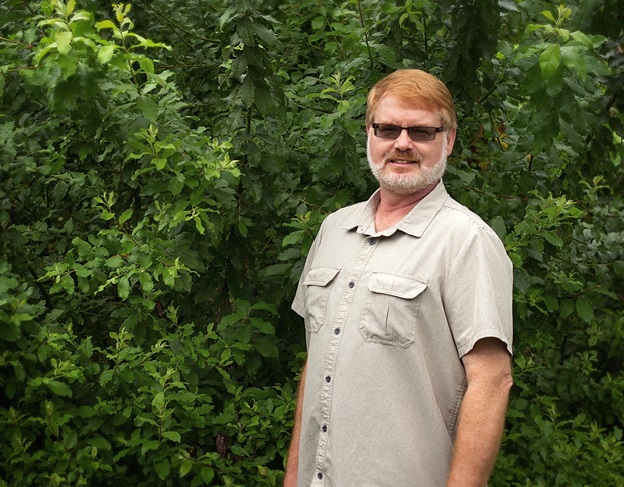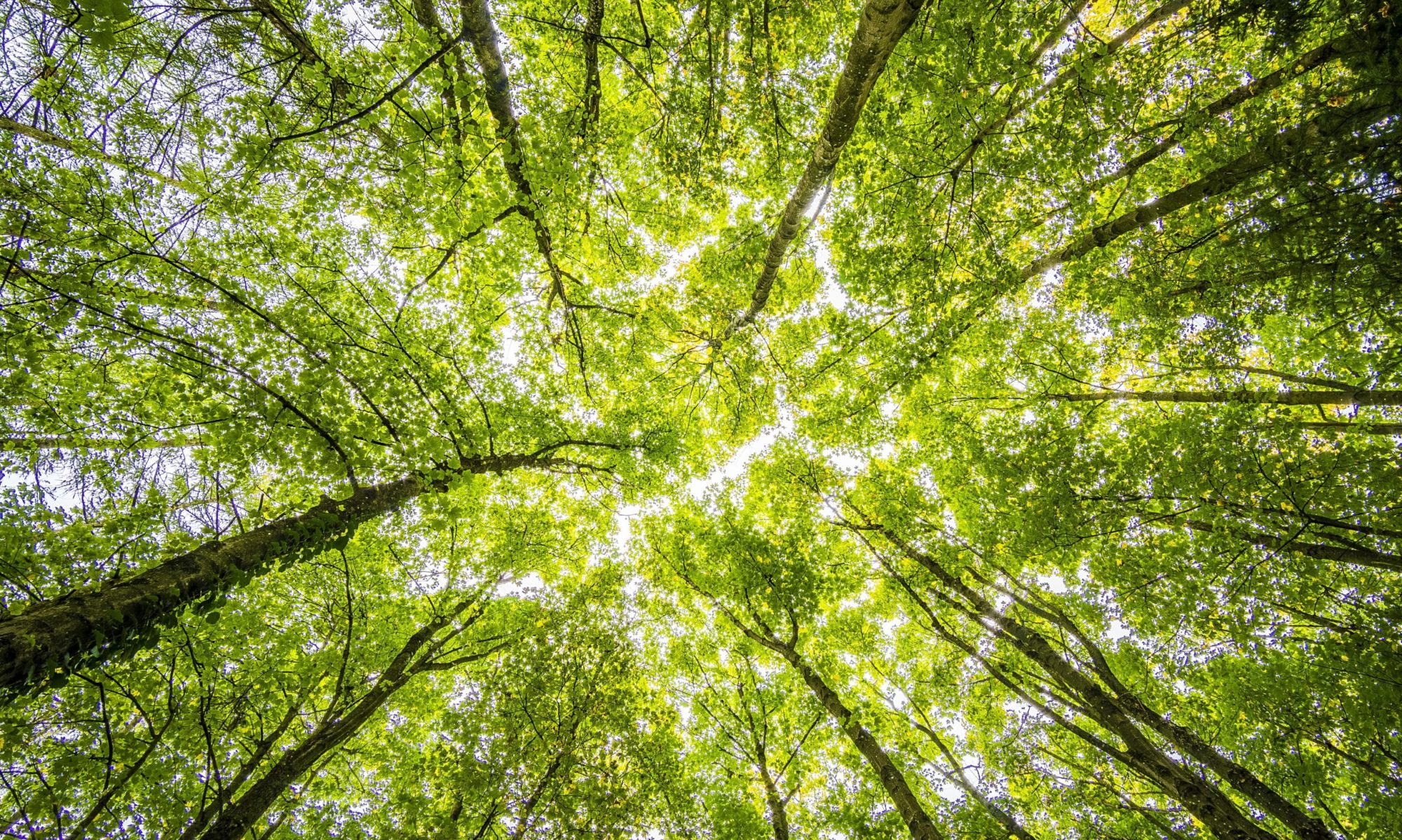CAFRI is a multi-disciplinary team of forest, energy and climate experts based at SUNY ESF who provide policymakers and the public with science-based and practical solutions to address climate change.
OUR WORK will encompass four closely related objectives:
- to study the role our state’s forest ecosystems can play in climate adaptation and mitigation, including the complexities of how a changing climate, intersecting with other simultaneous drivers of change, will shape this role;
- to apply cutting-edge science and emerging technology to address our state’s multifaceted opportunities and challenges in forest and climate stewardship;
- to translate research outputs into decisions and actions, by engaging public and private sector partners in outreach, education, technology transfer and regulatory efforts;
- to guide and support a statewide model of adaptive management of our forest landscapes to sustain their ecosystem services for current and future generations.
OUR TEAM
Colin Beier
Colin Beier, PhD, is an Associate Professor in the Department of Sustainable Resources Management at SUNY ESF. He is a broadly trained ecologist interested in the fate of forest ecosystems and landscapes – including people and our economic, political, and cultural institutions – in a rapidly changing world. His current work focuses on monitoring ecosystem-level impacts of climate change in the Adirondacks and developing a statewide forest carbon inventory and monitoring program for New York. He also leads a new ESF initiative to address our critical challenges and opportunities at the nexus of land use, energy systems, and climate change.
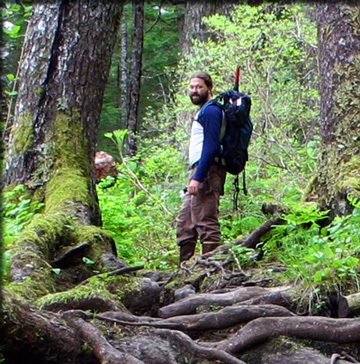
John Drake
Dr. John Drake is an Assistant Professor at SUNY ESF, where his work focuses on tree physiology and forest carbon cycling. Drake has assessed tree responses to many elements of a changing climate: elevated concentrations of atmospheric carbon dioxide (eCO2), warming, drought, heatwaves, and altered soil nutrient availabilities. He is an expert in the field of tree physiological acclimation to these altered abiotic conditions, particularly regarding rates of photosynthesis and respiration. Understanding the physiological mechanisms of tree responses to climate change will increase our understanding of forest growth and carbon storage trajectories in the future.
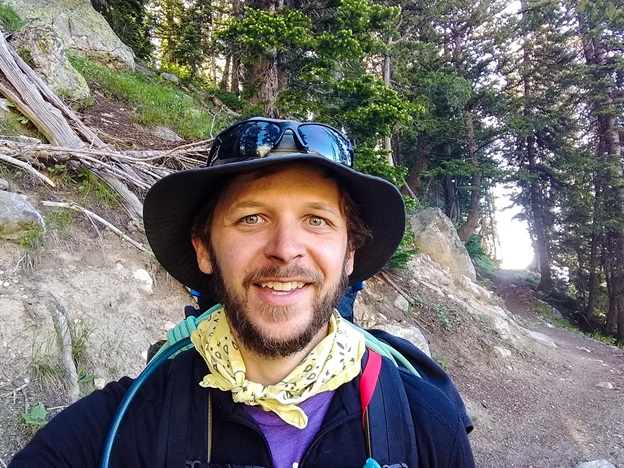
Robert Malmsheimer
Dr. Robert Malmsheimer is a Professor of Forest Policy and Law at SUNY ESF, where his research focuses on forest carbon accounting and public policy. He has chaired two Society of American Foresters’ Task Forces that evaluated how forests and their products can best address climate change, and co-authored an analysis and summary of 135 peer reviewed science articles on forests and bioenergy. He also co-authored the “Forests” chapter of the 3rd U.S. National Climate Assessment. Malmsheimer has provided more than 95 science-based policy briefings to national and international policymakers, including providing congressional testimony and giving two presentations at the United Kingdom’s House of Commons. He is the recipient of the Sir William Schlich Memorial Award – the pre-eminent award in US forest policy – and the SUNY Chancellor’s Award for Excellence in Teaching.
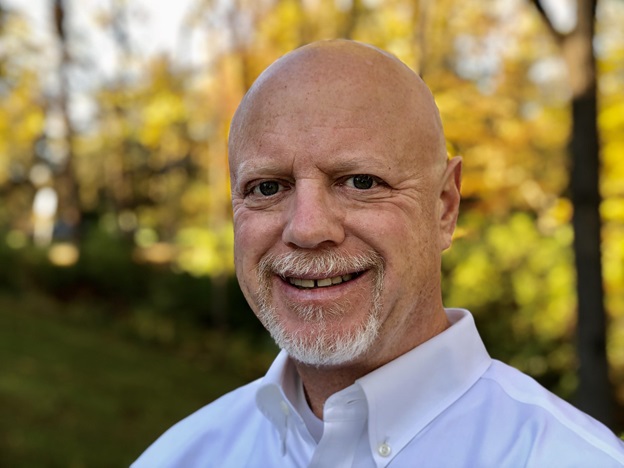
Timothy Volk
Dr. Timothy Volk is a Senior Research Associate and Associate Chair in the Department of Sustainable Resources Management at SUNY ESF. He has over 25 years of experience working in the fields of forestry, agroforestry, short-rotation woody crops, bioenergy, and phytoremediation in the Northeastern United States and West Africa. In his current position at SUNY ESF, he is responsible for research projects focused on the development and sustainability of shrub willow biomass crops and forest residues as feedstocks for bioproducts and bioenergy.
